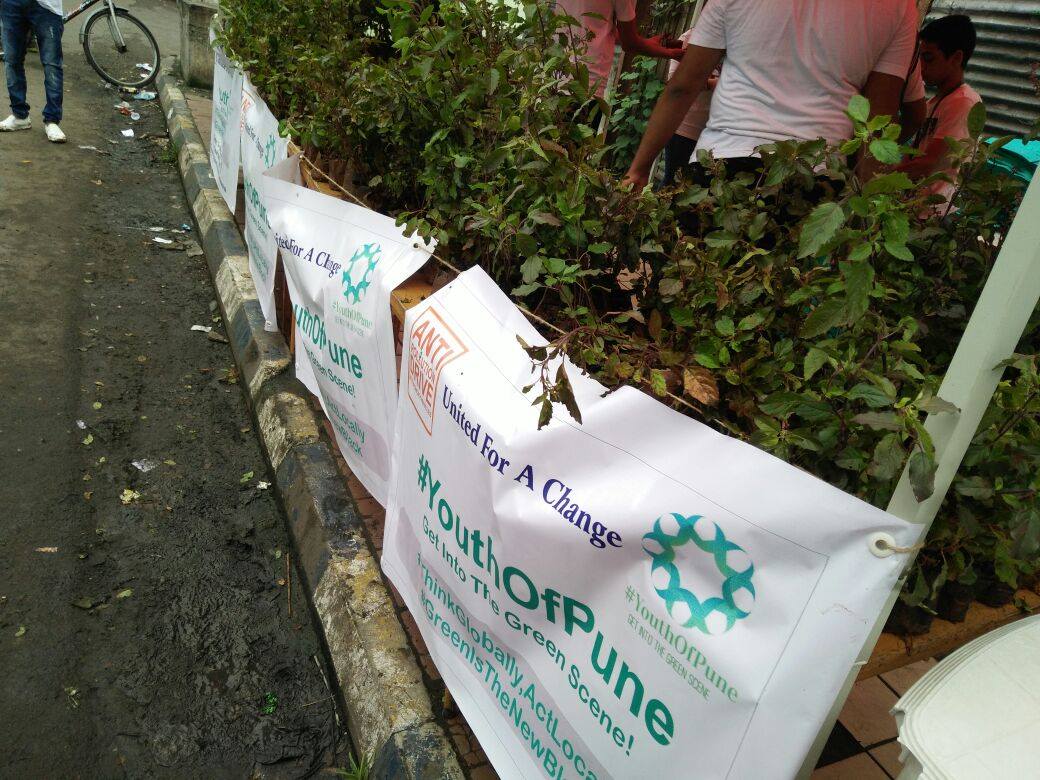Pulmonary Function Test (PFT) - Phase 2.0 | Mangaluru City
As a phase 2 of the project to Assess the Impact of Air Pollution on Outdoor Workers, We initiated the study on rickshaw drivers. Around 520 rickshaw drivers were tested of their lung capacity. Despite the urgency, comprehensive countermeasures to bring any significant change in the status quo are yet to be seen, either as a strategy by city governments or in the form of behavioural change from the citizenry. Looking around, the initial reactions of alarm in the public realm have given way to a general sense of apathy or helplessness. A key reason is that air pollution is largely seen as a problem that is too large and too complex for individual citizens to find themselves making a recognizable dent. The co-relation between cause and effect remains ambiguous for most; so does the link to health ailments (because of breathing in bad air), and its corresponding financial burdens, to inform any change in choices in urban living. After all, citizens are not just the victims but also the principal contributors to making of this crisis. As a first step towards gauging the scale of the problem at hand, the intent is to augment the understanding of the science of air pollution and to assess the impact of pollutants on public health.
Recent Projects
OVERVIEW
When compared with the general population, people with outdoor occupations in urban areas are typically exposed to higher concentrations of transport-related air pollution or are in contact with it for longer periods, or both. Such people include postal workers, rubbish collectors, street sweepers, traffic wardens, police officers, tollbooth workers, taxi/bus/tram drivers, underground-railway operators and attendants, street vendors, bicycle messengers and delivery-lorry drivers. The extent of exposure to transport-related air pollution for many of these occupations is poorly understood or unknown.

GALLERY
VIDEOS
HOW YOU CAN HELP
Are You Looking to Conduct A Similar Activity with Us?





























